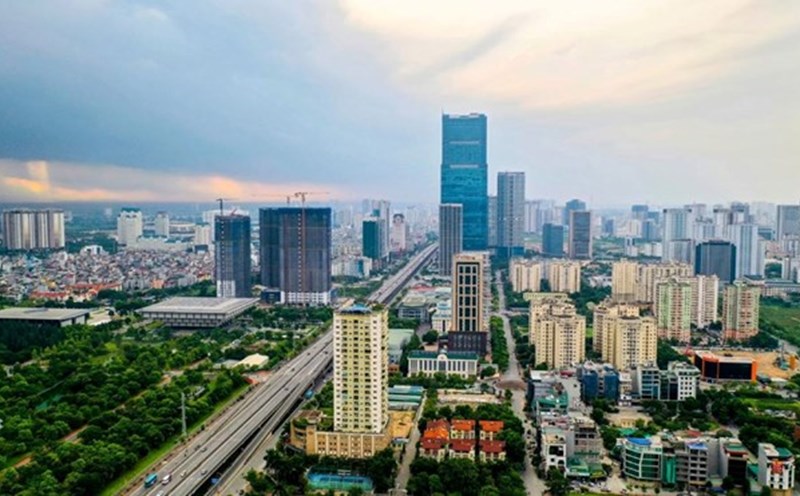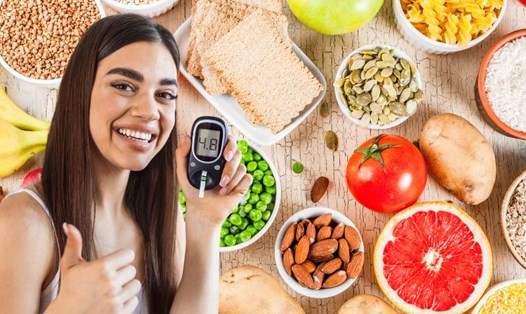What is quinoa?
Quinoa, scientifically known as Chenopodium Quinoa Willd, is a grain-like seed native to the Andes region of South America. It has been cultivated for thousands of years and is considered a superfood due to its high nutritional content.
Quinoa is naturally gluten-free, making it suitable for people with gluten intolerance. It is rich in essential fatty acids, minerals, vitamins, fiber and carbohydrates.
Side Effects of Eating Too Much Quinoa
According to Dr. Preeti Nagar, Nutritionist at Noida International Institute of Medical Sciences (NIIMS) College and Hospital, India, eating too much quinoa can lead to digestive problems such as bloating, gas or discomfort. This is due to its high fiber content.
Additionally, eating too much quinoa can also cause an imbalance in nutrient absorption, especially if it replaces other essential foods in your diet.Quinoa also contains saponins, bioactive compounds found in plants and marine invertebrates that can cause digestive irritation if not properly washed before cooking.
How much quinoa should you eat per day?
Dr. Nagar recommends about 1 cup of cooked quinoa per day. She says this is a suitable portion size for most people and provides a balanced amount of protein, fiber, and nutrients without overloading the digestive system.
Some people should avoid consuming quinoa
Quinoa is generally a healthy food choice. However, it may not be the best food choice for everyone. Some people who should avoid consuming quinoa include:
- People with IBS: People with irritable bowel syndrome may experience more indigestion when eating high-fiber foods.
- People with allergies: Although rare, some people may be sensitive or allergic to quinoa.
- People with kidney problems: Quinoa is high in oxalates, which can be a concern for people with certain kidney diseases.








